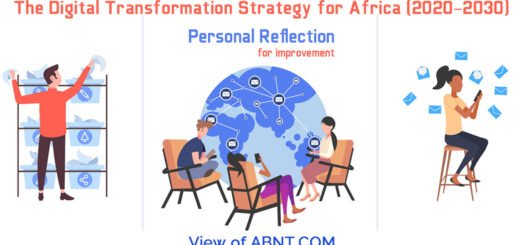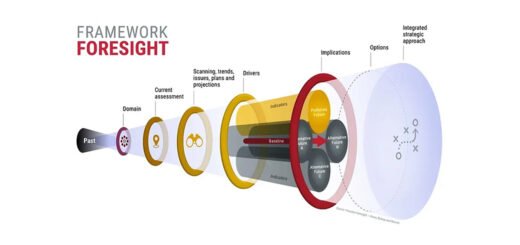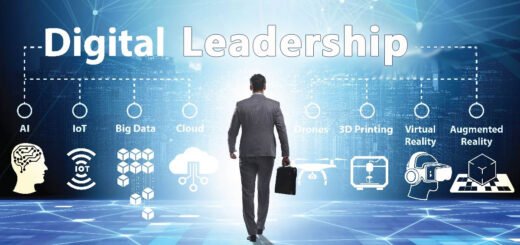Bridging the digital divide for inclusive & sustainable development
The digital age isn’t just about funny cat videos (though they have their merits). It’s a revolution transforming economies, societies, and the very fabric of human connection. But like any powerful tool, unchecked digitization can widen inequalities and exacerbate existing problems. That’s where digital policies, crafted with the intent to foster socioeconomic development, come in.
Let’s explore the cause-and-effect chain:
Cause: Unbridled digital growth creates a digital divide. Imagine a world where crucial information, from job applications to healthcare resources, are only accessible online. Those without access or skills are left behind, creating economic and social stagnation.
Effect: This widens income gaps, fuels social unrest, and hinders overall development. A World Bank report highlights how the digital divide costs developing countries $2.1 trillion annually in lost GDP. Yikes!
Cause: Fear not, for policy levers exist! Investing in affordable internet access and digital literacy programs bridges the divide. Think public Wi-Fi hotspots, subsidized devices, and training courses tailored to diverse communities.
Effect: The empowered masses can now access online education, participate in e-commerce, and connect with global markets. Studies show that increased internet access in rural India lifted 14 million people out of poverty. That’s the power of inclusion!
Cause: But wait, there’s more! We need policies that nurture innovation and entrepreneurship. Imagine a platform connecting local artisans to international buyers, or a mobile app revolutionizing agricultural practices.
Effect: This fosters the growth of the digital economy, creating new jobs, boosting productivity, and attracting investments. The Asian Development Bank estimates that e-commerce alone could add $1.7 trillion to developing Asia’s GDP by 2025. Talk about economic progress!
Cause: Of course, with great power comes great responsibility. Data privacy, cybersecurity, and online safety concerns loom large. Robust data protection laws, coupled with cybersecurity awareness campaigns, are crucial.
Effect: This builds trust and encourages responsible adoption of digital technologies, paving the way for a sustainable and inclusive digital future. Remember, it’s not just about connecting people; it’s about connecting them safely and ethically.
The call to action is clear. We need informed and engaged citizens demanding smart digital policies. Let’s advocate for initiatives that bridge the divide, fuel innovation, and ensure a safe and equitable digital space for all. Remember, in the bytes of our digital world lies the potential for a brighter, more inclusive future. Let’s harness it responsibly!
Further Reading:
- World Bank: “Digital Dividends: World Development Report 2016” (https://www.worldbank.org/en/publication/wdr2016)
- Asian Development Bank: “Asia in the Digital Age” (https://www.adb.org/what-we-do/topics/digital-technology/overview)
- United Nations Development Programme: “Leveraging digital technologies for social inclusion” (https://www.un.org/development/desa/dspd/2021/02/digital-technologies-for-social-inclusion-2/)
Let’s keep the conversation going! Share your thoughts on digital policies for development in the comments below.
Related Posts: Reflection on the Digital Transformation Strategy for Africa (2020-2030)




1 Response
[…] posts: Bridging the digital divide for inclusive & sustainable developmentReflection on the Digital Transformation Strategy for Africa […]